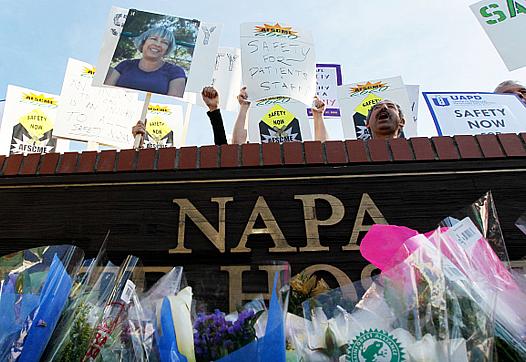
At California’s state psychiatric hospitals, ongoing assaults on staff by patients can make it nearly impossible to provide a therapeutic environment.

At California’s state psychiatric hospitals, ongoing assaults on staff by patients can make it nearly impossible to provide a therapeutic environment.

Cenpatico Integrated Care, a mental health company in Southern Arizona, has made serious policy changes that affects patients it was suppose to serve.

A reporter who was on the scene shortly after the terror attack in San Bernardino follows up with the victims and first responders over the following year to understand how the event impacted their mental health.
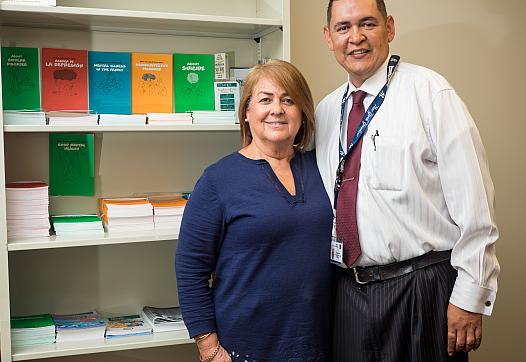
“Welcome to NAMI en español,” says Pedro Arciniega, in Spanish, before an audience of more than 35 participants who were crammed into a room to attend a month meeting to hear about one young man’s journey who struggles with a severe mental illness.
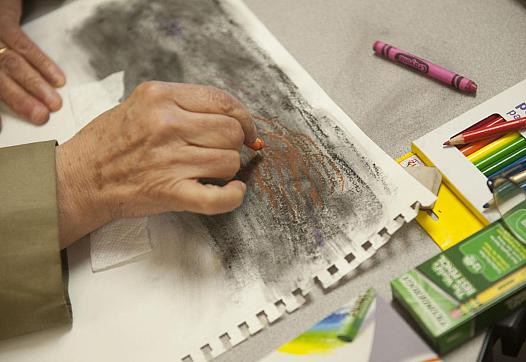
Zuher Belal put a black pencil on the rectangular piece of paper stretched out on a table. The 21-year-old native of Syria drew a Muslim man with arms outstretched in prayer. Then, he drew an airplane dropping a bomb.
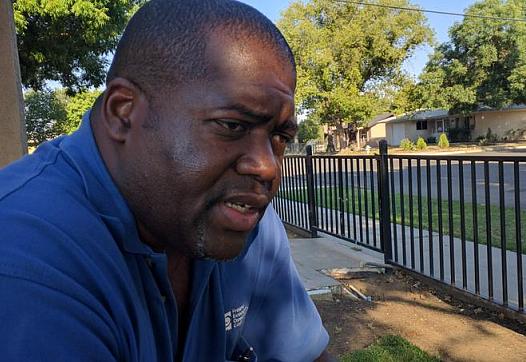
“I call it present traumatic stress disorder. When you have post-traumatic stress disorder it means the trauma has ended. With our people it is a perpetual trauma that is inflicted on almost a daily basis,” one lifelong resident of Bakersfield says.

“Perhaps the biggest deficit in our clients’ lives is a lack of two things – it’s a lack of community and it’s a lack of self-esteem,” says Rob Gitin, who works with vulnerable youth in San Francisco.

Valley Public Radio in California's Central Valley reports on what law enforcement agencies in the valley say they are doing to help police officers cope with the mental strain of a violent line of work.
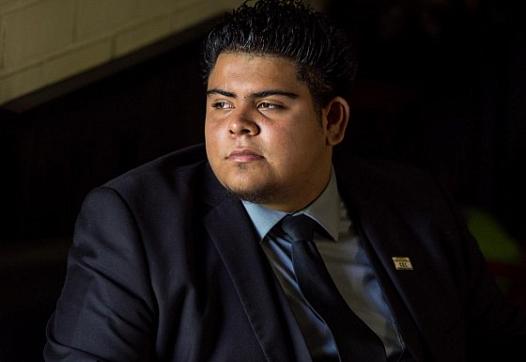
Three out of four adults of Mexican origin who experience a mental illness will not seek professional help, and the problem of under utilization is even higher among Mexican immigrants.
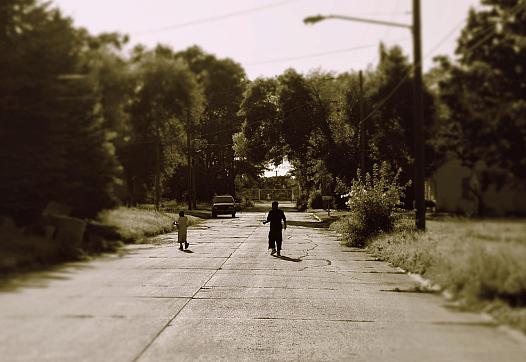
Dr. Glenda Wrenn of Morehouse School of Medicine discusses narratives of recovery and how journalists can do justice to the concept of resilience in their reporting.